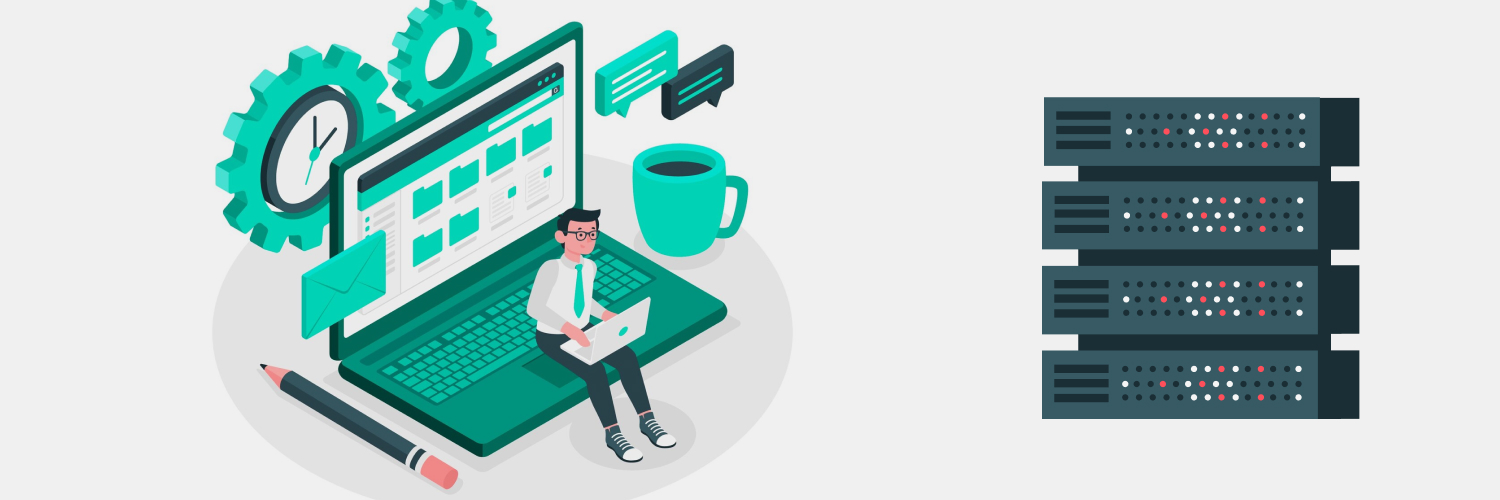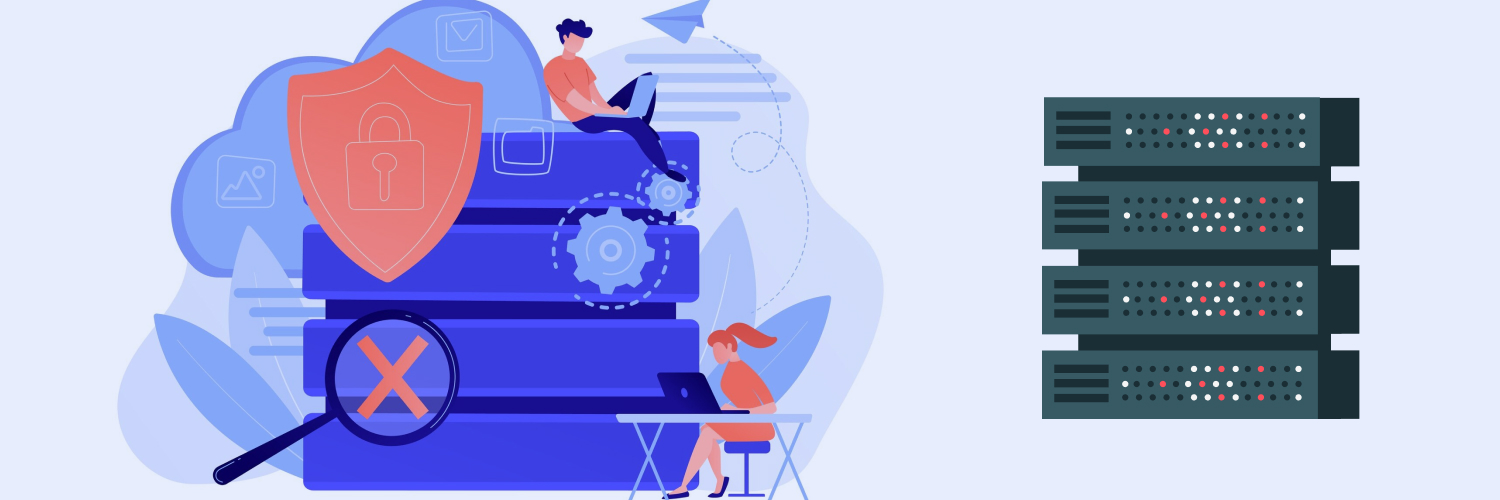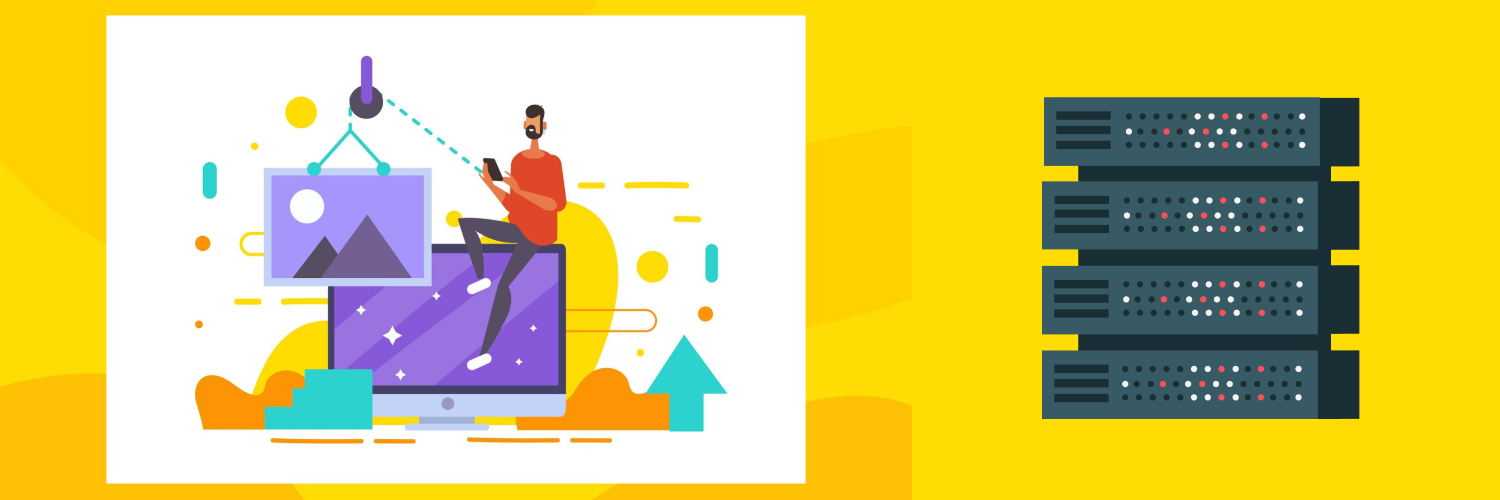Online Anonymity And The Best Ways to Browse Anonymously
Every time I click around on a website, there is the possibility of a social media company collecting these data points to form a consumer profile of me so they can target their advertising with more accuracy. However, this kind of advertising accuracy comes at the expense of my ability to browse the internet privately. There is a certain level of convenience to the hyper-targeted advertising that companies can offer after collecting all of your data, but it’s totally unnecessary. It’s easy to find what I need on the internet with a tiny bid of research without all of this advertising following me from site to site. This is why online anonymity is so important for protection from this kind of data collection.
Scrape at Scale With Chromium
Playwright-compatible. Self-hosted. Built for real infrastructure.

There’s very little more powerful than data these days. Browsing anonymously, with an anonymous proxy or otherwise, is really important for protecting your data and only giving what you want to give to these data collectors. The issue is that data is so valuable that companies will scrape everything they can without assessing if it is even necessary to their advertising plans. Therefore, they have a ton of data that could be compromising for no real reason.
In this article, we’re going to go over some tips for maintaining anonymity online and how to browse anonymously. Privacy shouldn’t be so difficult to preserve so we want to go over the best was to ensure it. Click around the table of contents for the best tips for online anonymity!
Table of Contents
1. How to Browse the Internet Anonymously
2. Using a Proxy for Anonymity Online
3. Best Practices for Using Proxies to Browse Anonymously
How to Browse the Internet Anonymously

There are a few different ways to ensure short-term anonymity when you’re online. Most browsers like Safari, Chrome, and Firefox have an incognito option. You can simply open another window that doesn’t cache the information you’re accumulating through your web surfing. Incognito mode clears first-party cookies when you close a window—this means it will not save your shopping cart if you’re online shopping and close the window without purchasing. It also blocks third-party cookies, which track your movement between websites.
You can also get rid of all cookies in most internet browsers. This stops your information from being saved and tracked, even outside of incognito mode. For specific social media sites, you can go in and adjust the privacy settings. With these safeguards put in place, your information isn’t being tracked and saved. This should stop companies and advertisers from being able to target you as effectively as they want to.
Finally, you can go into your device’s security settings and make sure that your phone isn’t sending location data and constant updates to the company from which you purchased it. However, no matter how many safeguards you put in place, your Internet Service Provider will still collect web traffic reports. If you have to log onto public Wi-Fi, companies tracking data through those public networks can still track your browsing habits and serve advertising based on the data. Trying to figure out the best way to browse anonymously becomes a game of Whack-a-Mole, especially since websites are constantly updating their privacy settings. Your IP address is the first and best line of defense.
There is a simple solution, so you don’t have to go through all of your various devices, accounts, and regular websites to adjust privacy settings—use a proxy for online anonymity.
Using a Proxy for Anonymity Online

The best way to browse the web anonymously is a proxy. They ensure online anonymity by giving you a different IP address that acts as a shield between you and the website you’re browsing on. While the website can still hold the information you put into it, the proxy stops the website and companies collecting browsing data from pinning that information back to your personal device’s IP address.
The proxy IP address makes it possible for you to browse the web anonymously and keep your information private and secure. There are many options for types of proxies you can use to act as a barrier for your browsing experience, but the main kinds are dedicated, semi-dedicated, and rotating. The titles are largely self-explanatory when you know about proxies, but respectively they mean that the proxy IP address belongs to you along, the proxy IP address is shared between you and a few other users, or the proxy has a rotating set of IP addresses that you can cycle through. All of these have their value for making sure your online browsing history is not up for grabs by data collectors.
The importance of proxies is not just for anonymity online, but also for keeping your information private from internet scammers. Browsing anonymously stops both the hyper-targeting of ads (which is mostly just annoying) and the cyber criminals who seek to collect information for scamming purposes. Proxy IP addresses provide that much-needed barrier between your IP address and people who want to apply data to it to construct advertising targeted to you.
Scrape at Scale With Chromium
Playwright-compatible. Self-hosted. Built for real infrastructure.

Proxies become easier and easier to use. They work with all browsers, including Chrome, Firefox, Microsoft Edge, Internet Explorer, and Safari. Although each one has slightly different implementation instructions, the general function is the same. After buying proxies from a reliable proxy provider, you can enable them in your browser settings.
Best Practices for Using Proxies to Browse Anonymously

Your next question might be: “what is a drawback of using a proxy to ensure online anonymity?” It truly depends on the type of proxy you choose to use. Buying a proxy feels like a big upfront investment for something that only does a basic covering job between your IP address and data collectors. It makes sense why so many users are drawn to free proxies so they can test the capabilities without investing in a service they might not feel is worth it.
However, free proxies are extremely different from paid services because they lack so much of what makes a proxy IP address successful in guarding anonymity online. Companies that advertise these “free” public proxies are not entirely honest about their services. There is no way to ensure these free proxies are not sharing the website and browsing information that they save. At the same time, many users might be stuck on the same proxy IP address, which will slow down browsing speeds. Paid proxies normally give you faster browsing speeds, while free proxies significantly slow you down.
Free proxies are also susceptible to attacks from online and people finding your IP address, so the proxy isn’t even doing its job. Since these proxies aren’t subject to rules and regulations by the providers, hackers have easy access to the actual IP addresses and personal information of those who use public proxies. Free, public proxies do not do the same job as paid proxies, and therefore can’t be trusted to use to browse the web anonymously. Even if they guarantee no hacks will happen, they still can. This is why we want to make sure you know that investing in dedicated and proxies shared among a few users (who all receive the same user agreement and protections) will always be the key to browsing anonymously.
Buying the Best Proxy for Anonymity Online

If you’re looking to preserve online anonymity, ensure the security of your personal device’s IP address, or simply gain access to the global internet, start looking into proxies. We’re always staying on top of the most recent developments in proxy news and technology in order to give you the best information about what kind of proxy is write for you.
Rayobyte has proxies for every need, and we’re even willing to create custom packages to help you find exactly what you’re looking for. If you’re interested in sidestepping geoblocking, or you need to retain access to certain websites while traveling, we offer proxy locations in nine countries. With no limits on speed or bandwidth, you’ll have an unbelievably fast browsing experience without sacrificing your online anonymity. We offer a wide variety of proxies to choose from, including IPv6 proxies, enterprise proxy solutions, SOCKS proxies and more. Plus, our dedicated customer success team is second to none, with 24/7 service to help give you the best proxy experience.
Scrape at Scale With Chromium
Playwright-compatible. Self-hosted. Built for real infrastructure.

Reasons to Browse Anonymously
Outside of protecting yourself, there are many different reasons why browsing anonymously might be good for you. When websites learn a lot about you through the data that they collect on your IP address, they’ll give you a more curated experience. However, that curated experience can also exclude you from the rest of the website. From social media to protecting your mobile device, there are many reasons a proxy IP address can be right for you.
Final Thoughts

It’s so difficult to keep up with the ways that companies and websites are collecting your data that many people just give up. However, proxies are the best way to ensure online anonymity without giving yourself a clicking headache. In addition to ensuring the ability to browse anonymously, you can rely on proxies for security and taking down geographic barriers. There has never been a better time to invest in a good, reliable proxy in order to take control of your data footprint and ensure anonymity online.
The information contained within this article, including information posted by official staff, guest-submitted material, message board postings, or other third-party material is presented solely for the purposes of education and furtherance of the knowledge of the reader. All trademarks used in this publication are hereby acknowledged as the property of their respective owners.



